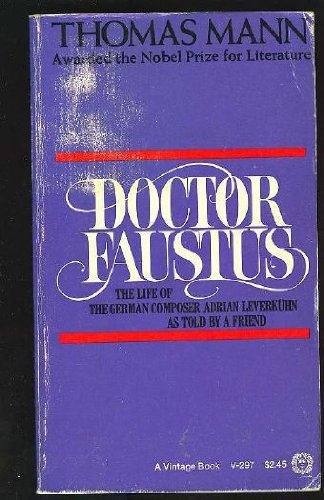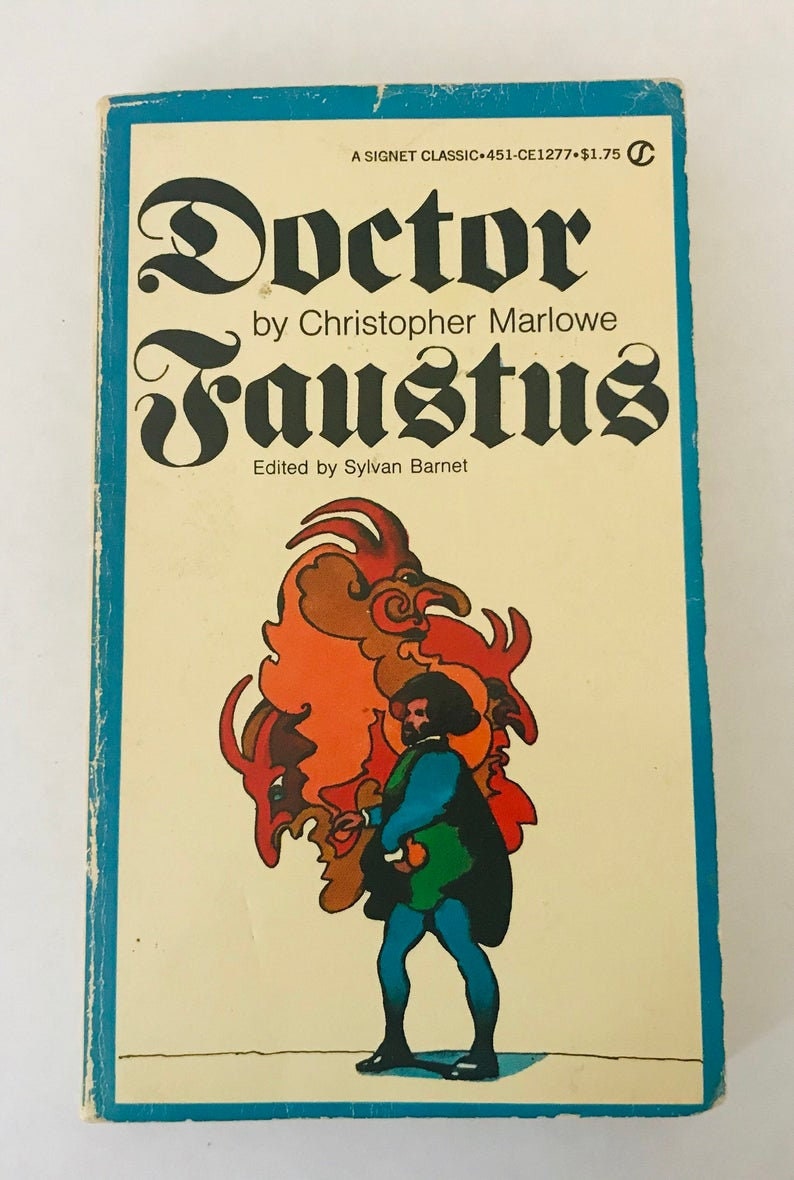

How could he remember these in such detail, if he's reporting from his adult later years (60 years)? They were many and they were very complicated: about music and he played music and sang with it to demonstrate it. The biographer of the protagonist, Dr Serenus Zeitblom, PhD, is reporting on Wendell KretzschMar's lectures that he, his family and Adrian and his family attended in their youth. He was so intent on excelling as a composer far above any other human on earth, that he was willing to sell his soul to the devil to be the exclusive talent. The story of a character who was brilliantly talented, but really stuck on himself, and an introvert. The author is magnificently talented with words, with descriptions, with details, with insight into the human heart and mind.

The sad thing about this book is that if you don't know about music theory, there's a lot you're going to miss in the reading. It is also Mann's most profound meditation on the German genius-both national and individual-and the terrible responsibilities of the truly great artist. Leverk hn's life story is a brilliant allegory of the rise of the Third Reich, of Germany's renunciation of its own humanity and its embrace of ambition and nihilism. In return for twenty-four years of unparalleled musical accomplishment, he bargains away his soul-and the ability to love his fellow man. Mann's protagonist, the composer Adrian Leverk hn, is the flower of German culture, a brilliant, isolated, overreaching figure, his radical new music a breakneck game played by art at the very edge of impossibility.

Woods, is a modern reworking of the Faust legend, in which Germany sells its soul to the Devil. Woods." -The New Republic Thomas Mann's last great novel, first published in 1947 and now newly rendered into English by acclaimed translator John E. Woods is revising our impression of Thomas Mann, masterpiece by masterpiece."-The New Yorker "Doctor Faustus is Mann's deepest artistic gesture.


 0 kommentar(er)
0 kommentar(er)
